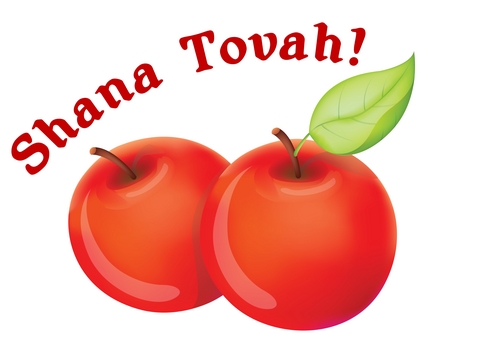In this week’s parsha, we watch Moshe come under attack by Korach and his followers. Korach was resentful that he didn’t have a more important leadership position, like his cousins Moshe and Aharon.
Korach’s genealogy is given in the opening line of the parsha – ויקח קורח בן יצהר בן קהת בן לוי… – Korach, the son of Yitzhar the son of Kehat the son of Levi took…
Thus, we see the Torah emphasizes that he too was from Kehat, as were Moshe and Aharon – and therefore felt “just like” Moshe and Aharon.
But then we read that 3 other Jews are mentioned by name as being fellow instigators. They are Datan and Aviram (sons of Eliav) and On (son of Pelet), listed as בני ראובן, sons of the tribe of Reuven.
Question: Why is it important to mention their tribe? And how/why did they get involved? Why does the Torah single them out, if after all there were actually 250 members of Bnei Yisrael who joined the fight, as the Torah goes on to explain? Why cheap generic cialis do they get “special mention”?
Hint: Think about the relationship / connection between the tribe of Reuven and the family of Kehat…
Answer: The way G-d arranged the camp, the different families of Levi lived around the mishkan, the Tabernacle. The three families, Gershon, Kehat and Merai – with Moshe and Aharon on the 4th side. And then 3 tribes behind each of them, creating an outer circle. If you look at the description in the Torah, you will see that Reuven was placed right behind – guess who? – Kehat!
Our Sages say that they got pulled in to this drama right from the start – because אוי לרשע, אוי לשכנו – woe to the evildoer, woe to his neighbor. This means that when someone near you is getting caught up in trouble, you tend to end up getting dragged down with him.
As Pirkei Avot instructs us – הרחק משכן רע – distance yourself from a bad neighbor.
Discuss: When have you (everyone around the Shabbat table, grownups included!) experienced this sort of fast-acting peer pressure? How can one help someone who’s involved in no-good without getting dragged down? What kind of neighbors do we all have, beyond just the literal sense? (i.e. kid in the next desk, colleague at work, person next to you in shul) What kind of trouble must we be on the look-out for in each case/example?






